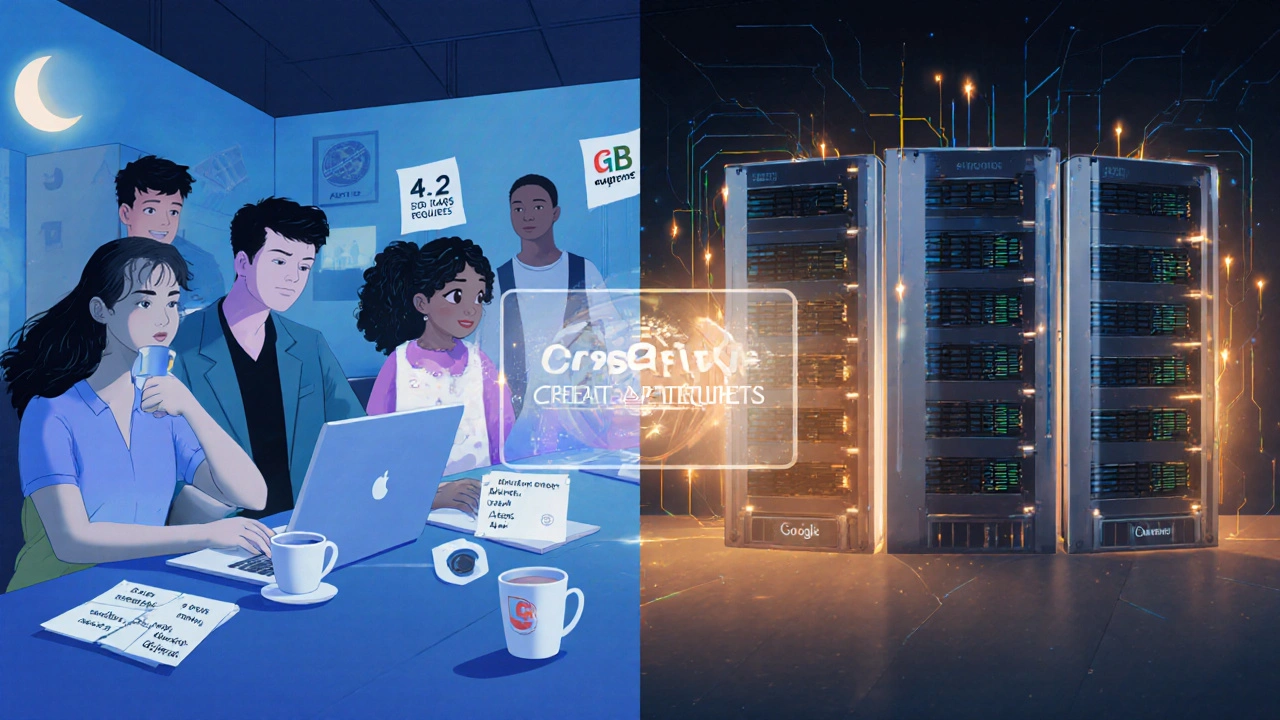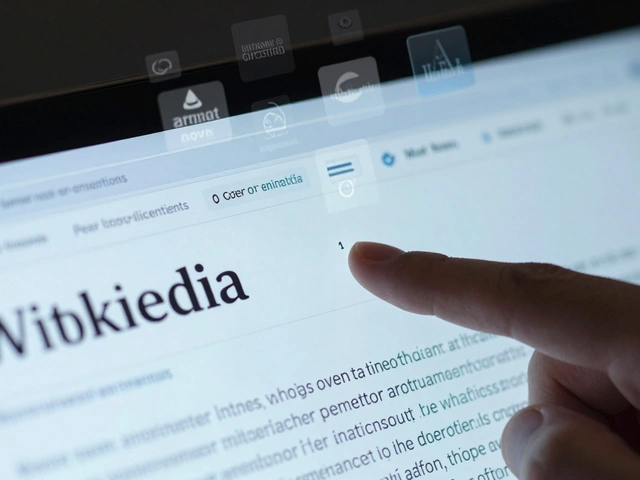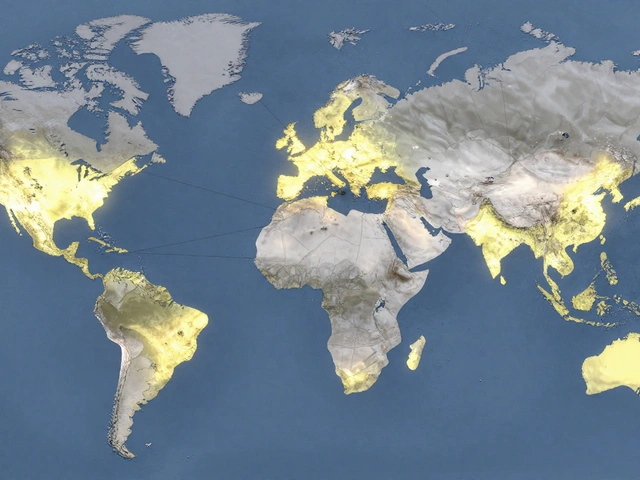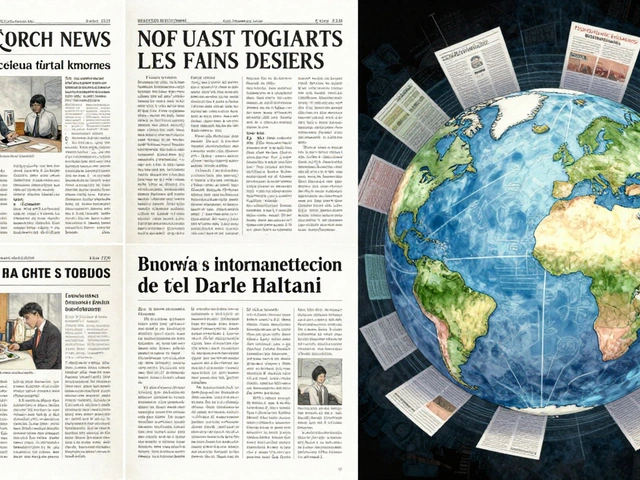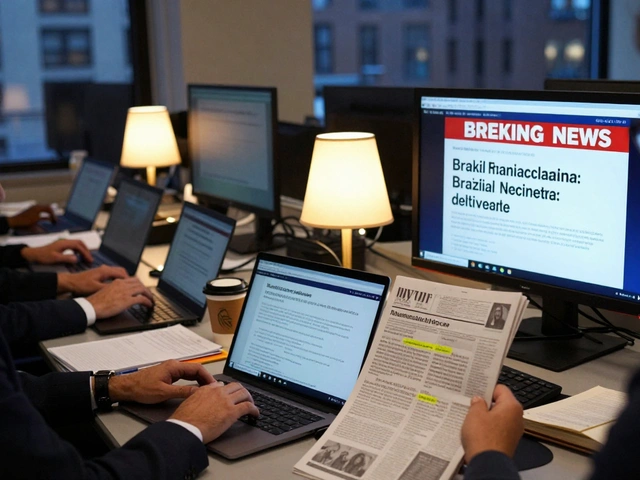Paid Editing on Wikipedia: What It Is, Why It Matters, and How the Community Responds
When someone pays another person to edit paid editing, the practice of hiring individuals to make changes to Wikipedia articles for financial gain. Also known as conflict of interest editing, it is a direct challenge to Wikipedia’s core principle that content should be written by volunteers, not advertisers or PR teams. This isn’t just about grammar fixes or adding a company logo—it’s about shaping public perception using the world’s most visited reference site. And that’s why Wikipedia’s community has built strong policies around it.
Wikipedia’s rules are clear: if you’re being paid to edit, you must disclose it. That’s not a suggestion—it’s a policy. The conflict of interest, a situation where personal or financial interests interfere with neutral reporting policy exists because undisclosed paid edits distort truth. Imagine a pharmaceutical company hiring someone to soften negative mentions of a drug. Or a politician paying an editor to erase criticism. These aren’t hypotheticals—they’ve happened. And when discovered, they trigger investigations, page protections, and sometimes bans. The Wikimedia Foundation, the nonprofit that supports Wikipedia’s infrastructure and enforces its policies doesn’t run the site day-to-day, but it backs these rules with legal and technical tools to fight abuse.
But here’s the messy part: not all paid editing is shady. Some nonprofits, museums, and universities hire professionals to improve articles about their work—like adding accurate details about a historical site or correcting outdated science. The difference? Transparency. If you disclose your affiliation and stick to neutral, sourced edits, you’re allowed. The real problem is stealth editing—where someone hides their employer, pushes promotional language, or deletes negative facts. That’s what triggers the community’s outrage.
Wikipedia editors have developed tools and rituals to catch this stuff. Watchlists, edit filters, and dedicated volunteer teams scan for patterns: sudden bursts of edits to corporate pages, repetitive phrasing, or edits that match known paid editing accounts. The Wikipedia Signpost, the community-run news outlet that reports on internal policy debates and editor behavior has published multiple investigations into paid editing rings, exposing agencies that secretly manage hundreds of accounts. These aren’t just technical violations—they’re breaches of trust.
So what can you do if you’re thinking about hiring someone to edit Wikipedia? Don’t. Instead, reach out to the community. Use the talk page. Submit reliable sources. Let volunteers do the work. That’s how Wikipedia stays credible. The site doesn’t need more paid editors—it needs more honest ones. And that’s why every post in this collection focuses on the real battle: keeping knowledge free, fair, and free from hidden agendas.
Paid Editing vs. Volunteer Editing: How Models Shape Content Quality and Editor Demographics
Paid and volunteer editors shape Wikipedia in different ways-paid editors bring speed and polish, while volunteers add depth and diversity. Understanding their differences reveals how knowledge is made-and who gets left out.
Wikimedia Enterprise Developments and Community Feedback
Wikimedia Enterprise generates millions in revenue by selling Wikipedia data to corporations, but its relationship with volunteer editors remains tense. Transparency, community input, and reinvestment are key to its future.

